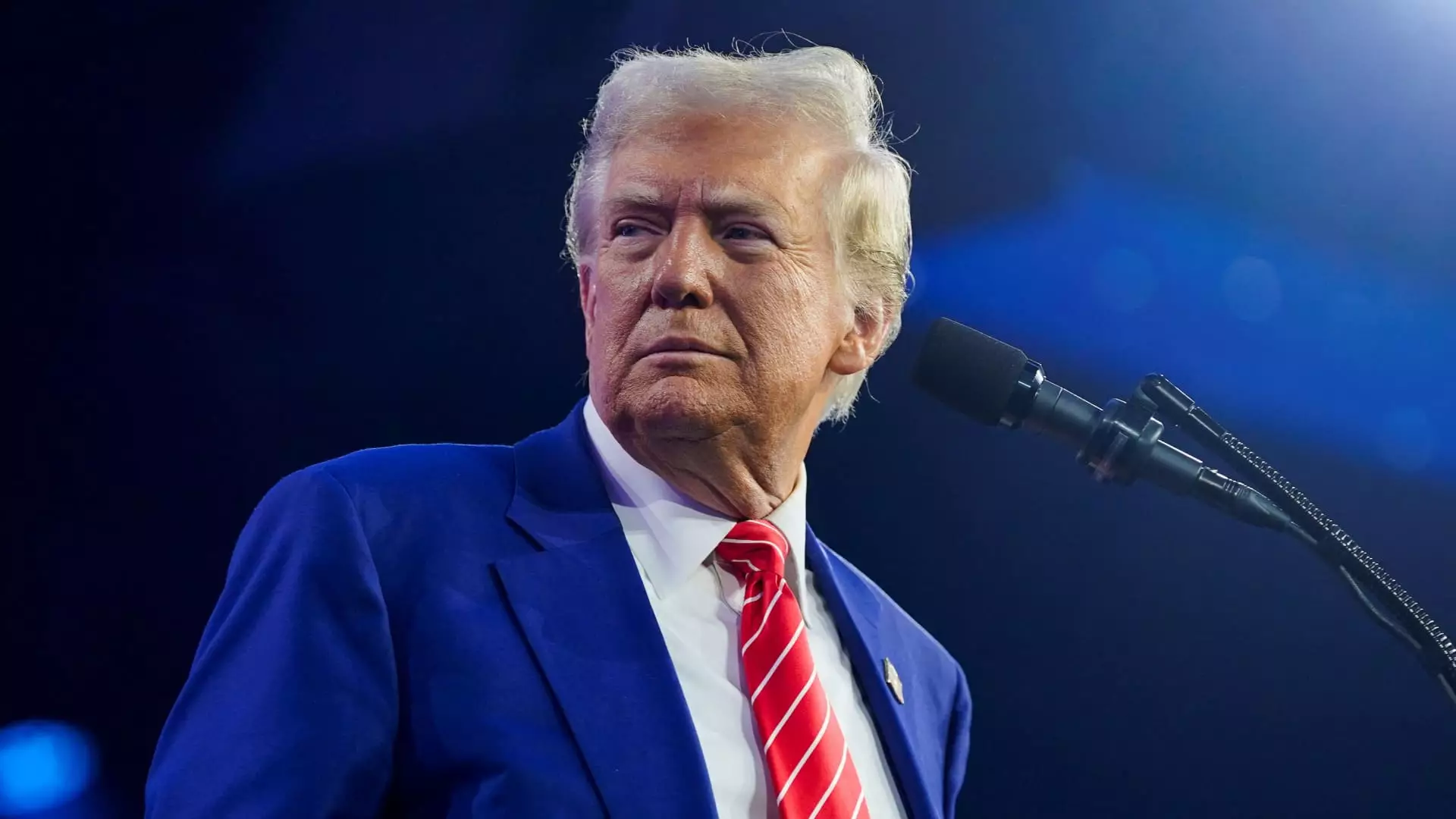The landscape of political appointments in the United States is evolving, particularly with the re-election of Donald Trump, who appears to be deepening ties with the tech sector. This trend reflects both the growing influence of Silicon Valley on government policy and the blending of business acumen with political governance. Trump’s newest administration showcases key appointments from the technology industry, signaling a potential shift in how government interacts with technological innovation and regulation.
In a move that underscores his reliance on Silicon Valley leaders, President-elect Trump announced the nomination of Scott Kupor as director of the Office of Personnel Management (OPM). Kupor, a managing partner at the prominent venture capital firm Andreessen Horowitz, is expected to infuse a modern perspective into government recruitment practices. The OPM is vital in shaping the workforce of federal employees, and Kupor’s expertise could help streamline hiring processes in ways that align with the rapid advancements characteristic of the tech industry.
Trump’s choice emphasizes a governance model that prioritizes efficiency and innovation, as Kupor will collaborate with renowned figures like Elon Musk and Vivek Ramaswamy within the newly formed Department of Government Efficiency (DOGE). This initiative reflects a thrust towards reducing bureaucratic overhead, potentially transforming how government expenditure is approached.
The appointment of Sriram Krishnan as a senior policy advisor in artificial intelligence further highlights the blending of technology with governance. With a stellar background at leading companies like Microsoft and Meta, Krishnan brings with him a wealth of experience that could shape AI policy at the national level. His previous ties with Musk, notably during Musk’s takeover of the platform X, suggest that there will be significant crossover between the private tech sector and public policy.
Krishnan’s role in AI policy is particularly pertinent given the growing discourse surrounding ethical AI use, regulation, and innovation. Trump’s administration could leverage Krishnan’s insights to position the U.S. as a global leader in responsible AI deployment while fostering an environment that encourages technological advancement.
Elon Musk’s presence looms large over Trump’s administration, marking a departure from the first administration where tech leaders often found themselves at odds with Trump. Musk’s dual status as a supporter and advisor to Trump indicates a synergistic relationship that could drive significant policy decisions. From Tesla’s contributions to energy policy to SpaceX’s advancements in aerospace, Musk’s companies have demonstrated how intertwined technology and policy can be in achieving national goals.
The reaction from the tech community has been largely supportive of Trump’s choices, with influential figures acknowledging the strategic nature of these appointments. The backing from such a powerful sector indicates a recalibration in how tech companies position themselves with the administration, signaling a newfound alignment rather than confrontation.
The political landscape has shifted, as several tech companies have pledged substantial financial support to Trump’s inaugural committee—an action that starkly contrasts the trepidation experienced during his first term. Amazon, Meta, and OpenAI have all contributed, suggesting a concerted effort by the tech sector to foster an amicable relationship with an administration that has the potential to impact regulatory frameworks.
Such financial commitments could translate into a more favorable environment for tech development, with an administration keen on harnessing the creativity and efficiency of Silicon Valley. This evolving dynamic is being closely watched, particularly as tech companies navigate the complex interplay between business interests and political realities.
As Trump’s new administration takes shape, the infusion of Silicon Valley talent signifies a pivotal moment for governance in the U.S. By aligning more closely with the tech industry, the administration may usher in a new era characterized by innovative policies that integrate technological advancements into the public sector.
However, this relationship is not without challenges. The potential for conflicts of interest, ethical considerations regarding AI, and public scrutiny will be critical factors to monitor as this administration strives to balance technological growth with the public good. As the paths of business and politics intertwine, the long-term implications of these appointments will unfold, potentially reshaping the future of American governance.

